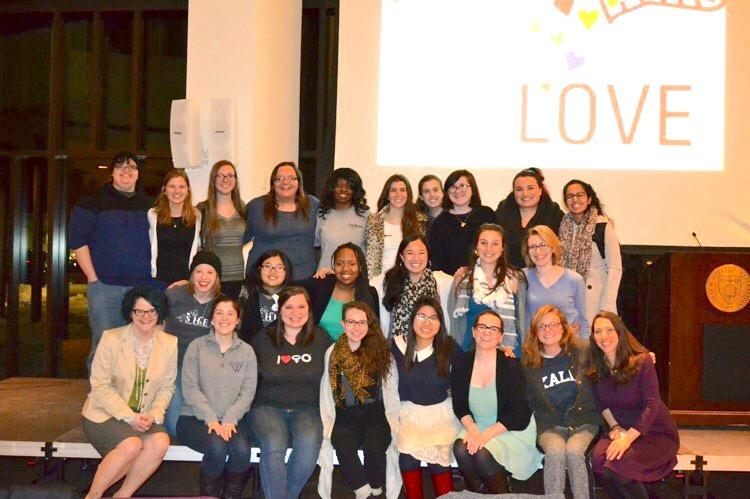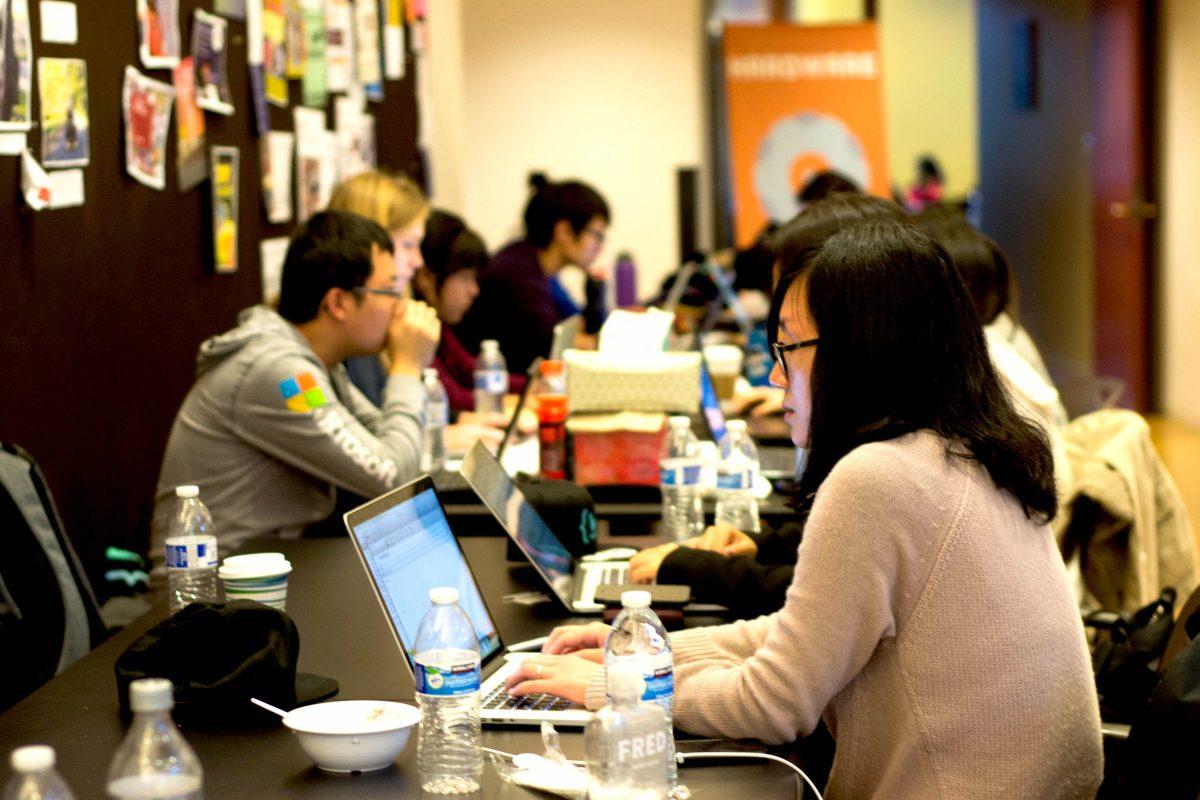The Sexual Health Educators (SHEs), Art Club and Wellesley Computer Science Club are the newest addition to Wellesley’s large and diverse network of over 150 student organizations.
In order to be constituted and officially recognized by the College Government, these clubs had to meet a number of requirements and write a constitution that passes the Student Organizations and Appointments Committee’s (SOAC) constitution process. The organizations must meet certain requirements, and then submit an application, which includes a written constitution. The application is then reviewed and scored on a scale of one to five. The application that receives a four or higher average, the process moves forward with a short presentation on why it should be constituted, which is also scored. If it passes both the written and interview application, the organization is given a two semester trial period.
Once constituted, these clubs receive certain privileges, including funding from the Student Organization Funding Committee (SOFC).
College Government Vice President and SOAC Chair René Chan ’17 expressed excitement about the newly constituted clubs and highlighted the rigorous constitution process they had to go through to be officially recognized by the SOAC.
“These organizations had put in a lot of effort and time to meet all the requirements. The SHEs, Art Club and Computer Science Club all do so many great things on campus, and it’s wonderful that they finally have access to SOFC funding to bring more programming on campus,” Chan said.
Before new organizations can even attempt the constitution process, they must already have 10 to 15 active members, not including the executive board, and have already explored all other options of funding and representation on campus. Chan said SOAC requires this so that the SOAC can see if organizations are able to think of ways besides SOFC to get their funding and to prove how serious they are about their organization. The organization must also have already existed on campus as an unconstituted organization for at least a semester.
“It is important for us to see that they are active and that there is student interest in the organization. We also hope that setting this requirement would encourage students who want to start organizations on campus to really think about and develop their organization and spend at least a semester experimenting and growing,” Chan said.
Each club is focused on a specific area of education, support and exploration.
The SHEs are working with Health Services to educate their peers and ensure that resources are available to the student body on sexual health, according to their mission statement. The SHEs function as more than just educators: they are a means of communication between the student body and Health Services.
“We are advocates for social change in regard to sexual health, wellness and safety, and we are friends and confidantes to our peers in times of concern or when questions or curiosities arise,” SHEs President Alessandra Robinson ’16 said.

The SHEs are not new to campus; a few years ago the organization went bankrupt, became unconstituted by SOAC and lost their funding from SOFC.
But that did not stop Robinson from working towards getting reconstituted.
“Well, a few years back, we ran into some debt, a lot of debt, and were forced to close up shop, come together as a group and envision what we wanted this group to become and what purpose we wanted to serve. And, like a phoenix, we rose from our ashes, courtesy of some amazing leadership by our past two presidents [Leah Bruno ’14 and Bridget Dunn ’15],” Robinson said.
Past events include “Everything You Wanted To Know About Sex… But Were Too Afraid To Ask” and “Sustainable Sex: Finding the G(reen) Spot.” On Oct. 8, the SHEs are having a “Body Positivity Karaoke.” Their Facebook page also posts articles, infographics and links related to sexual health.
The Art Club aims to provide a forum for students to explore art in a stress-free space, as well as promoting art within the Wellesley community. The club plans to do this through local museum visits, weekly drawing sessions and art workshops every month. Upcoming workshops will include t-shirt printing and western and Chinese calligraphy.
Leah Hobert ’18, a member of the art club, is expecting that the organization will be a way for her to take breaks and relax in a creative and fun environment.
“I am especially interested in the Babson ceramics collaboration because I have always wanted to try using pottery as a medium. It will also be interesting to hear local artist lectures because I like learning about artistic inspiration for their artwork,” Hobert said.
Tiffany Wang ’17, co-president of the art club with Amy Qiu ’17, hopes that the club will truly be a resource to the campus.
“It can get pretty stressful here, and I would love for our club to be a way for people to wind down and take a breather. We’re always planning projects and field trips around our members’ interests because we want everyone to spend some time doing what they love and are passionate about,” Wang said.
The mission of the Wellesley Computer Science Club is similar in that it hopes to be an organization on campus that will foster a community for students interested in technology. The club will work closely with computer science and media arts and sciences professors at Wellesley. The club hosts events such as hackathons every semester. A Wellesley Hackathon (WHACK) occurred from Oct. 3-4 in the Lulu Chow Wang Campus Center, Science Center and Wellesley residence halls. Wellesley students, students from other colleges, alumnae and professionals were involved in the 24-hour event. Major League Hacking sent Li Chen to officiate the hackathon, said Karina Chan ‘16, Co-President of the Computer Science Club with Nina Broocks ’16.
Chan wants to ensure that students interested in computer science have a way to connect with each other.
“There has been a surge in Computer Science interest, whether by taking the Introduction to Python class or a desire to learn web development. As a result, we’ve lost some of the community due to the sheer size of the department. The purpose of the club is to provide a central resource for all students interested in Computer Science to participate in technical/recruiting workshops, hackathons and social events with professors,” Chan said.
Maggie Lees ’18 is a computer science major and wants to see more fun events from the Computer Science club.
“I would love to see more events like Hackathon. I also think that other events in general such as when clubs bring representatives from other schools, companies like Google, and workshops for technical interviews,” Lees said.
“It’s really nice [to have a computer science club] because at other schools computer science is extremely male-dominated and it is a great way to get women involved and empower them in the field of computer science,” Lees added.






